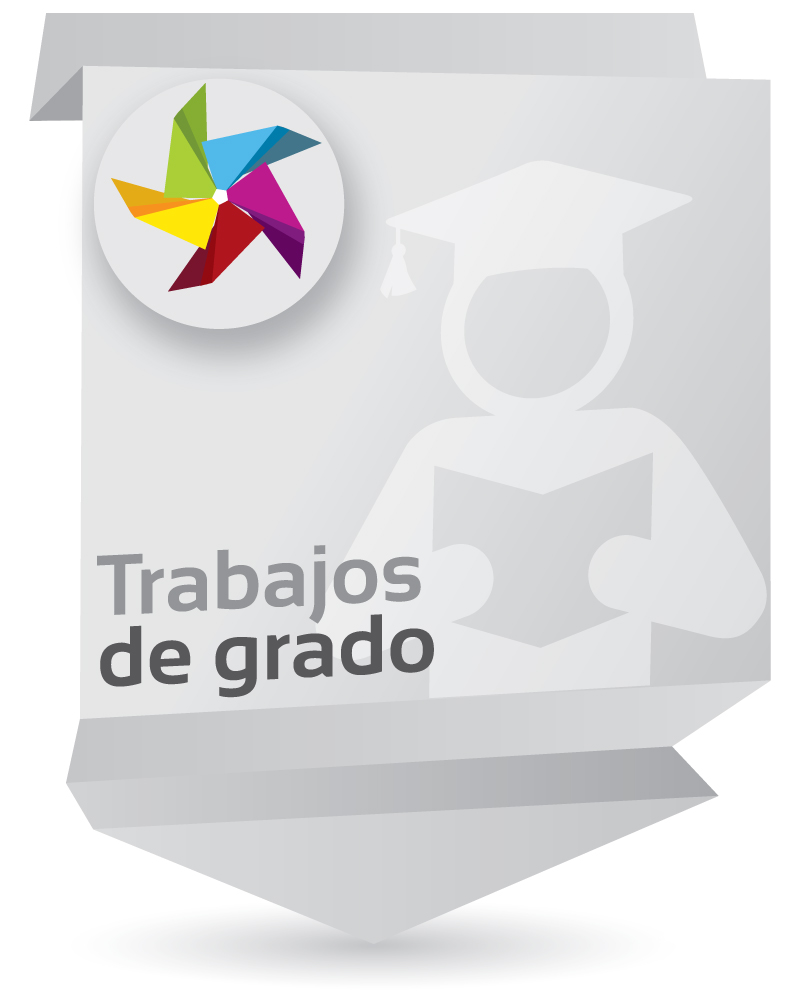Evolución de las prácticas de enseñanza en el área de Lengua Castellana en primaria, para el desarrollo de las habilidades escriturales

Visualizar/
Enlaces del Item
URI: http://hdl.handle.net/10818/43905Compartir
Estadísticas
Ver as estatísticas de usoMétricas
Catalogación bibliográfica
Apresentar o registro completoAsesor/es
Morales Benítez, María YanedData
2020-10-10Resumo
El presente informe plasma las transformaciones de las prácticas de enseñanza en torno a sus acciones constitutivas (planeación, implementación y evaluación) como docente de Lengua Castellana; haciendo intervención con estudiantes de dos grados de cuarto (403, año 2019) (404, año 2020) de jornada tarde del Colegio Ciudadela Educativa de Bosa. El proceso investigativo se da por medio de la Investigación acción educativa, según Stenhouse (1998). Este modelo permite que los docentes se formen como investigadores desde su propio laboratorio que es el aula, y por medio de ésta, posibilitar una acción reflexiva de la práctica con el fin de perfeccionar su enseñanza. Esta investigación cualitativa facilitó nuevas comprensiones que se hicieron por medio de ciclos de reflexión, apoyados en la metodología Lesson Study, la cual propone una serie de etapas que orientan el trabajo colaborativo entre pares: definición de foco o problema, diseño de lección, implementación, recolección de evidencias, reflexión y discusión de lo ocurrido, y análisis de hallazgos para hacer una nueva implementación. This report reflects the transformations of teaching practices around constitutive actions (planning, implementation and evaluation) as a teacher of Lengua Castellana; intervention with two-grade fourth grade students (403, year 2019) (404, year 2020) of the Colegio Ciudadela Educativa de Bosa.
The research process is carried out through educational action research, according to Stenhouse (1998) this model allows teachers to train as researchers from their own laboratory that is the classroom, and through it, to enable a thoughtful action of the practice in order to perfect their teaching. This qualitative research facilitated new understandings that were made through reflection cycles, supported by the Lesson Study methodology, which proposes a series of stages that guide collaborative work between peers: definition of focus or problem, lesson design, implementation, evidence collection, reflection and discussion of what happened, and analysis of findings to make a new implementation. The research process was carried out from four cycles that account for the transformations in the teaching practice of the teacher, through which the writing process of the students evolves. In each cycle it is possible to analyse findings such as: importance of directing the three constituent actions under the approach of the Teaching for Understanding (EpC), giving greater importance to comprehension performances, taking into account the interests of students in the process, make your thinking and feedback visible as constant practices; concluding that student writing is best developed through the EpC approach, doing so rigorously in the three actions constituting the practice and reflecting on each of these actions, allowing decisions to be made for the improvement of teaching and learning processes.
Colecciones a las que pertenece
- Maestría en Pedagogía [591]












![pdf [PDF]](/themes/unisabana//images/mimes/pdf.png) Ver documento en PDF (3.368Mb)
Ver documento en PDF (3.368Mb)




